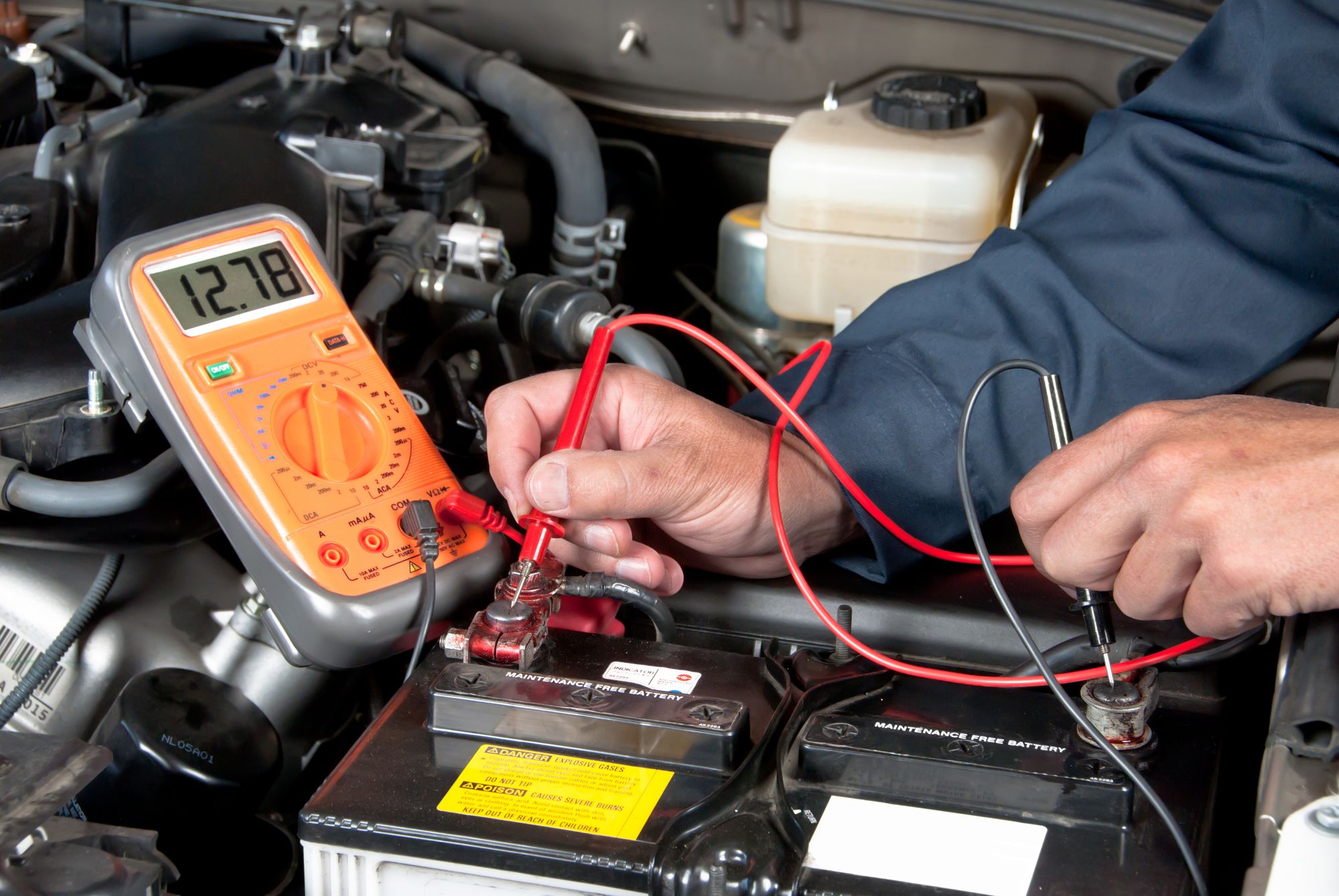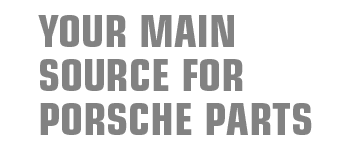Are you hoping to keep your treasured Porsche in top-notch shape? Keeping up with regular maintenance practices is crucial for maximizing the lifespan and performance of your Porsche. But where do you start?
We will discuss the top 5 Porsche maintenance practices that every car enthusiast should know about. From oil changes to battery health, read on to learn how you can take care of your prized possession like a pro!

Regular Oil Changes
Regular oil changes are essential for the longevity and performance of your Porsche. The engine oil lubricates the internal components of your car's engine, reducing friction and wear. Over time, however, the oil can break down and become contaminated with dirt and debris, losing its effectiveness.
To avoid any potential damage to your engine, it's crucial to have regular oil changes at recommended intervals. Most experts suggest having an oil change every 7,500 miles or six months - whichever comes first.
It's also important to use high-quality synthetic oils that meet Porsche specifications. These types of oils offer better protection against heat buildup and contamination while providing optimal fuel efficiency.
Regularly changing your car’s engine oil is a simple but effective way to keep it running smoothly for years to come. Plus, you'll enjoy improved performance and fewer repair bills in the long run!

Tire Pressure and Tread Depth
Tire pressure and tread depth are crucial aspects of Porsche maintenance that every car enthusiast should know. Proper tire pressure ensures even wear on your tires, making them last longer and perform better. It also improves fuel efficiency while reducing the risk of a blowout or flat tire.
Checking your tire pressure using a tire pressure gauge regularly is easy to do and only takes a few minutes. You can find the recommended PSI (pounds per square inch) for your Porsche in the owner's manual or on the inside of the driver's door jamb.
_0.jpg)
Tread depth is equally important as it affects traction, handling, and braking performance. A good rule of thumb is to replace your tires when they reach 4/32 inch of remaining tread depth, which can be measured with a penny.
Driving with worn-out tires not only jeopardizes safety but could lead to costly repairs down the road due to damage caused by potholes or uneven roads. Make sure you check both tire pressure and tread depth regularly for optimal driving experience in your Porsche.
Coolant Levels and Conditions
The coolant in your Porsche is essential for maintaining a safe and efficient engine temperature. Without it, your car's engine could overheat and result in costly damage. That's why checking the coolant levels regularly should be a part of every Porsche owner's maintenance routine.

To check the coolant level, locate the reservoir tank under the hood of your car. The tank is typically tagged with a "coolant" or "antifreeze" marker. Make sure that the engine has cooled down before opening it to avoid getting burned by hot liquid.
When inspecting the coolant condition, look out for any signs of discoloration or contamination. If you spot any changes in color or texture, then it might be time to change the coolant entirely.
It's also critical to ensure that there are no leaks in your cooling system as this can create low levels of fluid which may result in overheating. Check around hoses and connections for signs of moisture or corrosion.
By keeping an eye on your Porsche's coolant level and condition, you'll help prolong its lifespan while avoiding potential expensive repairs associated with overheated engines!
Brake Pads, Rotors, and Fluid
Brake pads, rotors, and fluid are essential components of any Porsche. They play a major part in keeping the car safe to drive and ensure that it functions at its finest on the road. As a Porsche owner, it is necessary to keep these components well-preserved and change them when needed.
Brake Pads: The brake pads are responsible for stopping your vehicle by applying friction against the rotating rotor. These pads wear out over time due to constant use. It's important to examine them regularly for signs of wear or damage and replace them as needed.
Rotors: The brake rotors provide a surface for the brake pads to grip onto when you apply the brakes. Just like brake pads, they also wear out in time due to heat and friction. You should have your rotors inspected periodically by a professional mechanic.
Brake Fluid:Brake fluid transfers force from your foot pressing down on the pedal to your brakes' calipers, which clamp down on the rotor via hydraulic pressure. Over time, this fluid can become contaminated or lose its effectiveness due to water absorption or overheating. It's essential always to maintain proper levels of quality brake fluid in order not compromise safety while driving.
Regular maintenance of these components will help prolong their lifespan, prevent costly repairs down the line and ensure that your Porsche continues performing at optimal levels throughout its life span.

Battery Health
One of the most crucial maintenance practices that every Porsche car enthusiast should know is to keep a close eye on their battery health. A dead battery can leave you stuck in the middle of nowhere, so it's vital to ensure your power unit is constantly in excellent shape.
To maintain optimum battery health, regularly check for signs of corrosion or damage around the terminals and cables. The buildup of corrosion can cause electrical issues and diminish proper power transmission.
It's also required to keep your vehicle running if you intend on leaving it stationed for an extended period. Otherwise, your car's electronic system will drain the battery and eventually lead to its death.
Moreover, extreme temperatures can significantly affect your battery life, especially during winter when cold weather slows down chemical reactions inside batteries hence draining them quickly. On the other hand, high temperatures might evaporate fluids from within the cells leading to overheating or even explosions.
Therefore, as part of maintaining healthy batteries for Porsche cars enthusiasts should invest in regular checks by professional mechanics who have experience with these sports machines' electrical systems.
Get regular tune-ups
Regular tune-ups are crucial to keep your Porsche running smoothly and efficiently. Tune-ups involve an extensive checkup of multiple elements, including the engine, fuel system, ignition system, and emissions control system. A skilled mechanic can identify potential issues before they turn into major problems.
During a tune-up, the technician will replace spark plugs if needed and check for worn or damaged belts and hoses. They'll also inspect the air filter and replace it if necessary. Regularly replacing these parts helps prevent engine misfires, poor acceleration, decreased fuel economy, and other drivability issues.
Additionally, a regular tune-up may include an oil change that keeps your Porsche's engine lubricated while removing contaminants that can cause internal damage over time. The technician can also top off any fluids as needed to ensure proper levels for optimal performance.
Scheduling regular tune-ups every 12 months or 12k miles is highly recommended for maintaining peak performance of your Porsche vehicle. Don't skip this essential maintenance practice!
Maintaining a Porsche is no easy feat, but by following these top maintenance practices, any car enthusiast can keep their beloved vehicle in top condition. Regular oil changes, monitoring tire pressure and tread depth, checking coolant levels and conditions, inspecting brake pads, rotors and fluid as well as keeping an eye on battery health are all key to ensuring that your Porsche runs smoothly for years to come.
By taking the time to perform regular tune-ups and staying on top of routine maintenance tasks you will not only extend the life of your Porsche but also ensure that it retains its worth over time. Remember that prevention is always better than cure when it comes to car maintenance so don't wait until something goes wrong before taking action - stay proactive and take care of your prized possession today!


